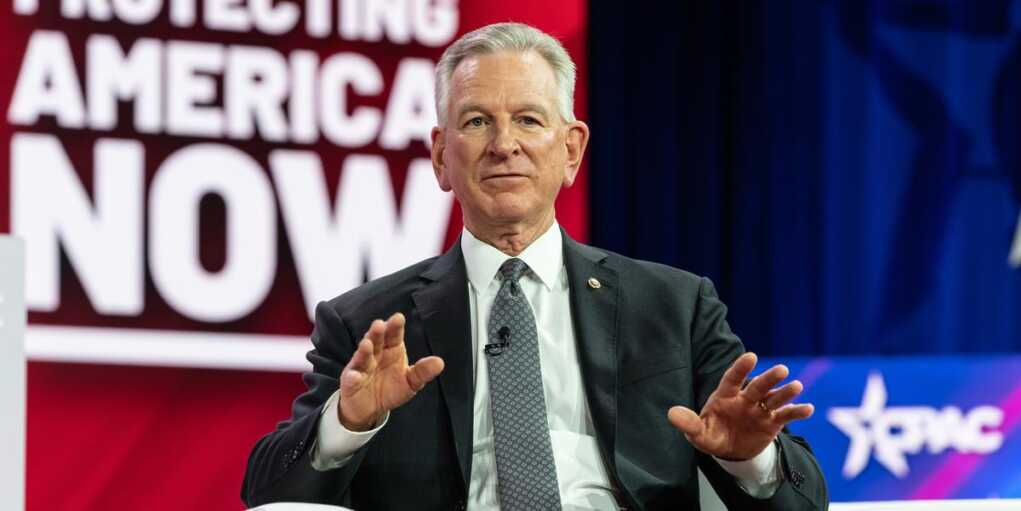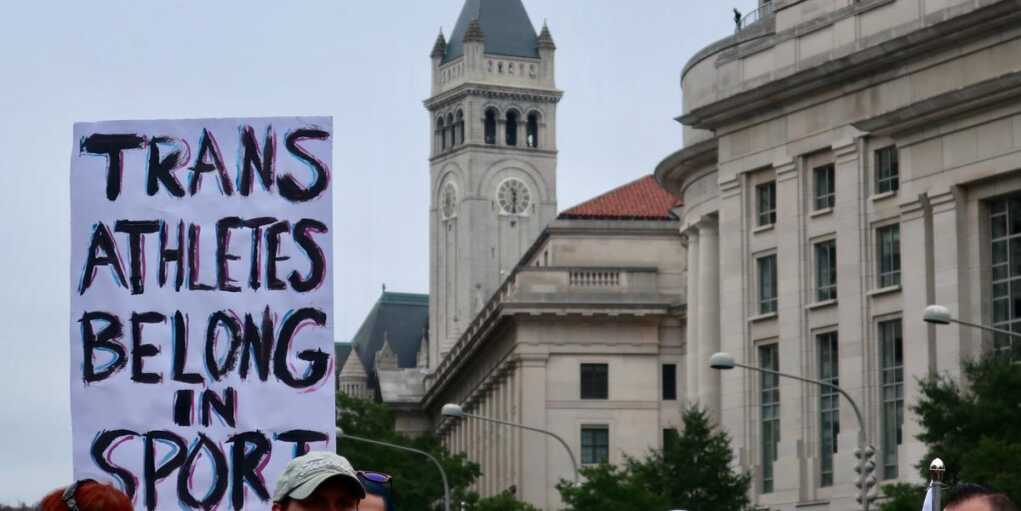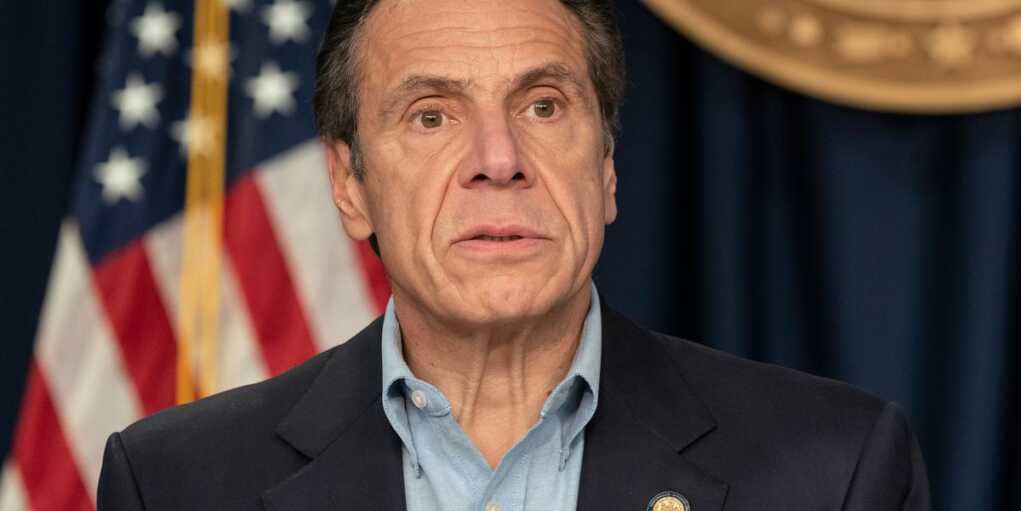AI Startup Caught Faking Their Tech—You Won’t Believe How
Builder.ai, a once-hyped British tech startup backed by Microsoft and the Qatar Investment Authority, has filed for bankruptcy in a scandal that’s shaking the AI world. Far from delivering revolutionary artificial intelligence, the company reportedly relied on hundreds of Indian software engineers to secretly do the work AI was supposed to handle. Marketed as a […]
Watchdog Exposes Massive DEI Money Grab in Public Schools
A new report has pulled back the curtain on a taxpayer-funded operation quietly funneling more than $123 million to radical diversity, equity, and inclusion (DEI) consultants in public schools across America. According to research from Defending Education, at least 41 consulting groups raked in contracts from 303 school districts across 40 states since 2021 — […]
Texas Republicans Just Declared War on Memes
Texas, long considered a conservative stronghold, is now at the center of a First Amendment firestorm — and this time, it’s the Republican establishment pulling the trigger. House Bill 366, introduced by former GOP Speaker Dade Phelan, aims to regulate “digitally altered” political ads. But instead of zeroing in on dangerous AI deepfakes, the bill’s […]
CNN Host Drops Bombshell on Dems: Time to Kill Their ‘Sacred Cows’
In a rare moment of clarity on CNN, anchor Abby Phillip pulled no punches: if Democrats want to claw their way back from the political abyss, it’s time to ditch some of their far-left dogma. And not just talk about reform—do it. Phillip’s blunt warning came during a Tuesday night panel discussing a $20 million […]
Blue-City Announces New Shocking Student Graduation Rules
San Francisco public schools are once again making headlines—this time for redefining what it means to pass. Under a new “Grading for Equity” policy unveiled by Superintendent Maria Su, students who score as low as 21 out of 100 on tests will now receive passing grades. Yes, you read that right. A 21% is now […]
Tommy Tuberville Makes Major Move in Deep Red State
Senator Tommy “Coach” Tuberville has officially declared his candidacy for governor of Alabama in the 2026 election, ending months of speculation and instantly positioning himself as the frontrunner in the deeply Republican state. The former Auburn football coach turned U.S. Senator launched his campaign Tuesday morning by rebranding his social media handle to “Coach for […]
Mayor Blames Christians for Chaos Sparked by Violent Protest
A fiery political fight has broken out in Seattle after Mayor Bruce Harrell blamed a Christian worship rally—rather than the violent activists who crashed it—for the chaos that erupted over the weekend. Now, one pastor is demanding an apology, while legal threats loom. The Mayday USA “Don’t Mess With Our Kids” tour made its latest […]
Duck Dynasty Family Shares Heartbreaking News
Phil Robertson, the bearded founder of Duck Commander and spiritual backbone of the Duck Dynasty family, has died at the age of 79 following a battle with Alzheimer’s disease. The news was confirmed Sunday by his daughter-in-law, Korie Robertson, who posted a tribute on Facebook celebrating the life of a man whose influence reached millions. […]
Democrats’ Next Gun Grab? Authorities Eye Insurance Mandate
The city of West Hollywood is exploring a plan that would require all gun owners to carry liability insurance—a move Second Amendment advocates warn is the latest attempt to price everyday Americans out of exercising their constitutional rights. The proposal mirrors failed efforts in other deep-blue jurisdictions like San Jose, where mandates have been challenged […]
Bombshell Report: Biden Admin Hid COVID Vaccine Risks for Months
A devastating Senate report has blown the lid off a government cover-up that allegedly concealed the dangers of COVID-19 vaccines from the American public. According to findings from the Senate Permanent Subcommittee on Investigations, the Biden administration was warned as early as February 2021 about heart-related side effects tied to the vaccines—but didn’t inform the […]
DeSantis Drops the Hammer on Swatting With Nation’s Toughest Law
Florida Governor Ron DeSantis made waves on Wednesday after signing into law what he called “the strongest anti-swatting legislation in the country.” The move comes in direct response to a wave of recent incidents where conservative commentators and influencers were targeted by false emergency calls — a dangerous tactic known as “swatting” that has already […]
Lawmakers Get Heated Over Trans Athletes Debate
Tempers exploded in the Illinois General Assembly this week as lawmakers clashed over one of the most explosive issues in the country: biological males competing in girls’ sports. The flashpoint? A recent high school track event in Naperville where a transgender athlete dominated a girls’ race—once again fueling outrage and national attention. The debate in […]
Media Claims Pope Snubbed Vance—Then the Receipts Dropped
The media jumped at another opportunity to smear Vice President JD Vance — and once again, they faceplanted. After Pope Leo XIV’s inaugural Mass on Sunday, headlines from The Daily Beast and the Daily Mail breathlessly claimed the Pope “snubbed” Vance during the ceremony. The narrative was clear: paint Vance, a prominent conservative figure and […]
Criminal Probe Hits Cuomo’s Mayoral Comeback Bid
Andrew Cuomo’s campaign to reclaim political power as mayor of New York City is facing a major hurdle. The disgraced former governor is reportedly under criminal investigation by the U.S. attorney’s office in Washington, following allegations that he lied to Congress about his administration’s handling of COVID-19 deaths in nursing homes. The probe, confirmed by […]
Supreme Court Asked to Weigh Key Gun Rights Case
The National Rifle Association is urging the U.S. Supreme Court to take up a pivotal case that could redefine how the Second Amendment applies to young adults across the country. At issue: whether Americans between the ages of 18 and 20 can be banned from purchasing firearms. The request comes as federal courts have issued […]
























